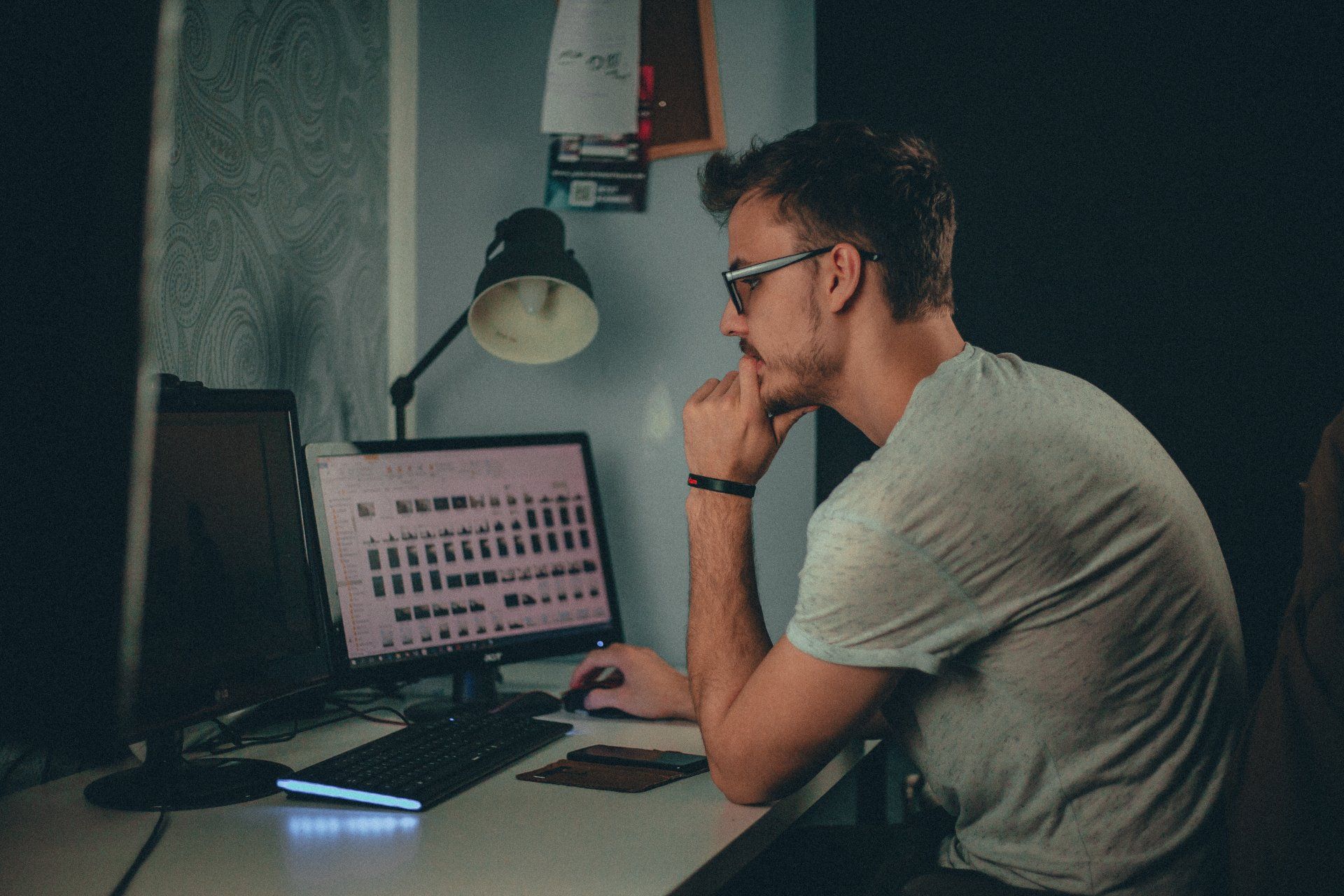COPYRIGHT INFRINGEMENT CASES FILED BY STRIKE 3 HOLDINGS, LLC
A core element of copyright infringement is a 'copying' of the protected components of the work. Strike 3 carries the burden to prove the John Does infringed the copyrights.
JOHN DOE COPYRIGHT INFRINGEMENT LAWSUITS
Did You Received a Subpoena from Strike 3?
It’s been noticed that in the recent months, Strike 3 Holdings, LLC, also known as an adult entertainment corporation, has gone around filing copyright infringement suits in the Texas. You will find that Strike 3 files a subpoena to the John Doe’s (defendant) internet service provider (ISP) in an attempt to uncover their identity. These John Doe subjects are accused of using BitTorrent, a peer-to-peer file-sharing site and infringing upon Strike 3’s copyrights.
Once the ISP receives the subpoena, they send notice to the subscriber informing them of the lawsuit. The ISP presents a deadline to file a Motion to Quash or else they turn over the personal identification. If this is the case, Strike 3 will then file an amended complaint containing the John Doe’s identification.
What Happens If You Get a Notice From Your Internet Service Provider Regarding Strike 3 Holdings, LLC?
As always, you have options. With each option, there comes its own pros and cons.
- You can file a Motion to Quash: You can opt for this option to prevent your ISP from giving out your personal information. If the motion is granted, Strike 3 can not obtain the personal information. Therefore, cannot proceed with the lawsuit. However, if the motion is denied, Strike 3 will gain access to the individual’s identification and will resubmit their complaint. It will be up to the court to decide whether the Motion to Quash will be approved or denied, as of now, it’s proven that EDVA has been denying these motions.
- You can settle: This will be dependent on different factors. For starters, the amount in which Strike 3 in claiming for the infringement. Also, the location the IP address is located plays a role. Other instances like, financial hardship, and military status can impact this process as well. Ultimately, if you have received a letter from your ISP regarding a Strike 3 lawsuit, it’s best to get in contact with an experienced attorney that can aggressively negotiate and get your case settled.
- You can fight the case in court: If Strike 3 happens to obtain your personal information and resubmits an amended complaint, you always have the option of going to court and pleading your case. You should consider the time and cost that go into a litigation suit, but it may be worth it.
What To Do If You Are Sued by Strike 3 Holdings, LLC?
If you received a notice from your internet service provider pertaining to a Strike 3 lawsuit, you should immediately consult a lawyer and consider making all of your social media accounts private since Strike 3 tries to use publicly available information in their suits. Do not deleted your accounts, or any material in the accounts, but do make them private.
As a defendant in any case, but particularly a Strike 3 case, it’s crucial to have an attorney that understands the nuances of cases like these. The attorneys here at Wilson Whitaker Rynell have experience in negotiating, settling, and defending against cases like those brought by Strike 3 Holdings, LLC.
17 U.S.C Section 512(H) Subpoena Focus
Mechanism for Identifying Infringers
The procedural mechanism by which Movant requested the Subpoena at issue is found in the Digital Millennium Copyright Act (“DMCA”)—17 U.S.C. section 512(h). This section of the DMCA specifically relates to and is entitled “Subpoena To Identify Infringer.” The purpose of §512(h) is precisely that—to provide a mechanism for “[a] copyright owner or a person authorized to act on the [copyright] owner’s behalf … to issue a subpoena to a service provider for identification of an alleged infringer…” 17 U.S.C. §512(h)(1).
Courts have found that “[u]nder § 512, one must assert ownership of an exclusive copyright, § 512(c)(3)(A)(i), and a good faith belief that the use of copyrighted material is not authorized, § 512(c)(3)(A)(v). In other words, the subpoena notification must establish ownership and unauthorized use—a prima facie case of copyright infringement.” In re Verizon Internet Servs, Inc., 257 F. Supp. 2d 244, 263 (D.D.C. 2003), rev'd sub nom. Recording Indus. Ass'n of Am., Inc. v. Verizon Internet Servs, Inc., 351 F.3d 1229 (D.C. Cir. 2003).
CLIENT MATTERS
5,000+
YEARS OF SERVICE
25+
Award Winning
Recognized in the legal industry as dedicated board-certified lawyers and Rising Stars.
Expert Team
Your project will be handled by legal experts every time. You will have the most experienced attorneys working for you.
Quality Representation











